A Sufi's quest for spiritual identity is distinguishable from the external scholars ('ulama-i-zahiri), radical reformers, politico-religious activists and average Muslims whose belief in the fundamentals of Islam in a given religious environment is simply literal or even superficial in certain cases. Central to this difference of approach is the Sufi's life-long concern to conquer his self for the greater spiritual and ethical good of humankind than the mere pragmatic and worldly concerns of the 'ulama in relation to the Shari'ah.
Without dramatizing divide between Shari'ah and Sufism, unlike orientalism, this dictionary intrinsically portrays the abiding contribution of numerous Sufis of South Asia to Islam and history. Definitive and interpretative, it lends a certain degree of objectivity to the supernatural role that characterizes the historical personalities listed in it.
The work is based on research spanning a period of 27 years, both in India and abroad. Besides Persian sources, in manuscript and printed form, their Urdu translations, wherever available, have been used carefully in conjunction with the original. This dictionary may, then, be the first to provide succinctly and objectively a fairly comprehensive account of the Sufis, recorded in various historical sources, in just one volume. The author takes special care to highlight how certain religious traditions were adapted by the Sufis to the larger framework of Sufism without violating the Qur'an and the Sunnah.
This work is an antidote to the tarnished image of Islam in the aftermath of 9/11.

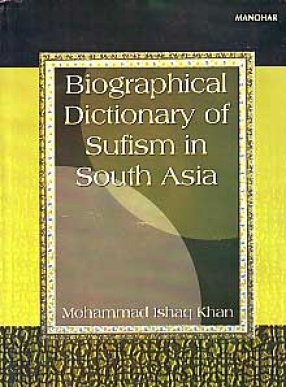

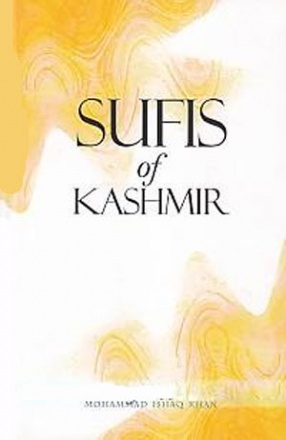
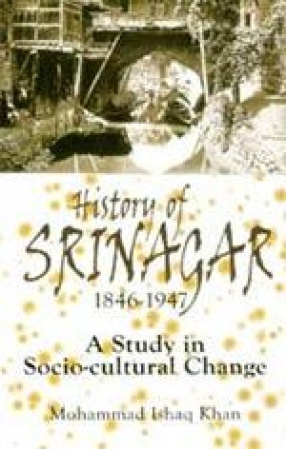

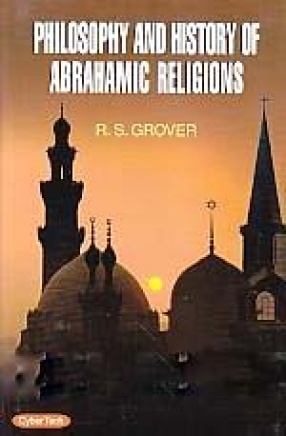
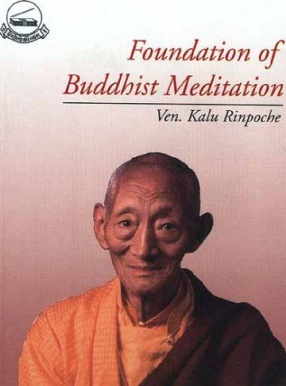
There are no reviews yet.